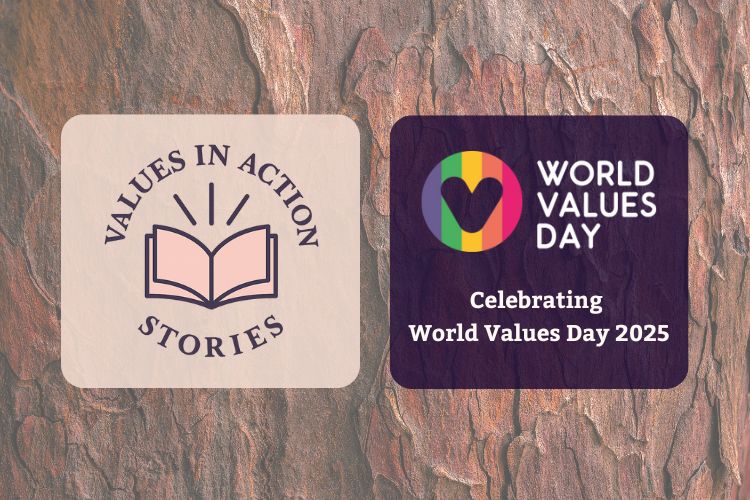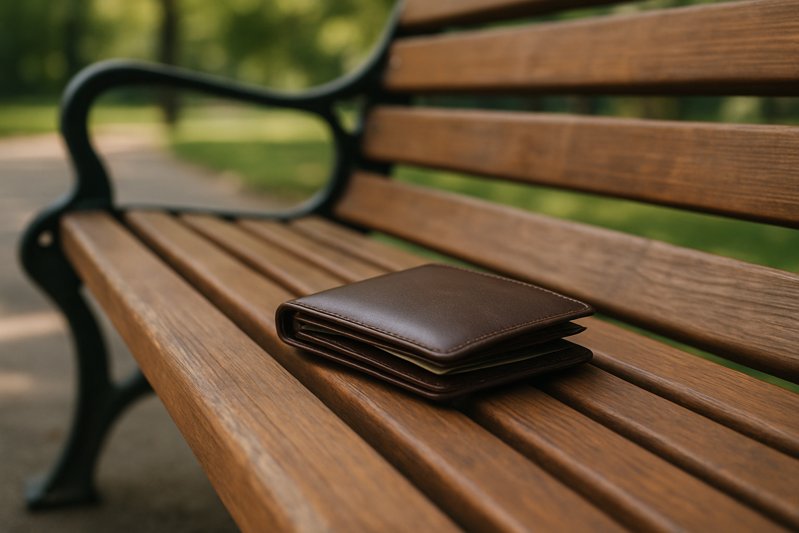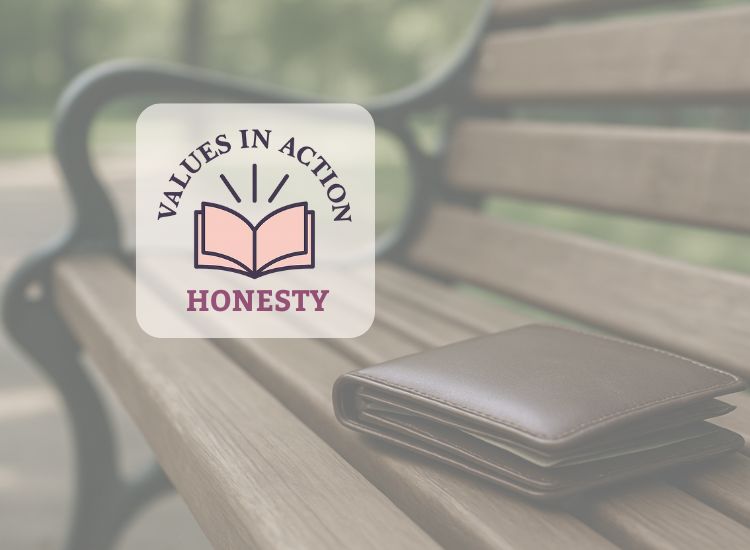In 2019, researchers carried out an unusual experiment across 40 countries. They “lost” more than 17,000 wallets – some with a little money inside, some with a lot, and some completely empty.
What they discovered surprised even them: the wallets with money were more likely to be returned than the empty ones. In fact, the more money inside, the more honest people became.


Why would this be the case?
I like to think it’s because honesty is a value that runs deeper than convenience or temptation. Many people, when faced with the reality of someone else’s potential loss, couldn’t ignore the weight of doing the right thing.
This study is more than just an interesting statistic – it’s a reminder that integrity is alive and well across cultures. When people choose honesty, even in something as simple as returning a wallet, they reinforce trust between strangers and strengthen the invisible fabric that holds societies together.
Reflection
Honesty may not always be the easiest path, but it is always the one that builds trust. And trust, once earned, is one of the most valuable currencies we have.
If you’d like to read the full study, you can find it here: Civic honesty around the globe.
For more insights and reflective resources, visit the Resources page.

